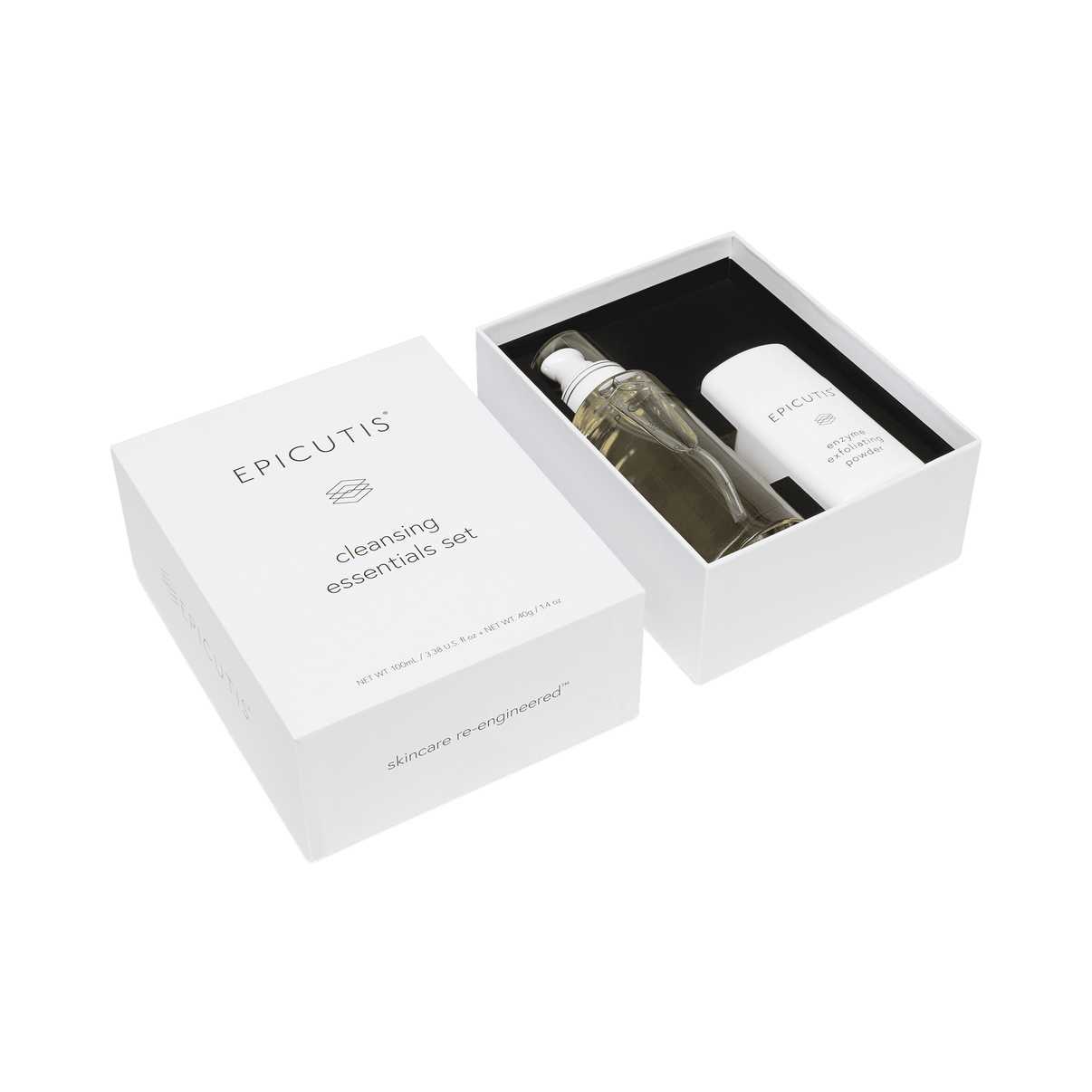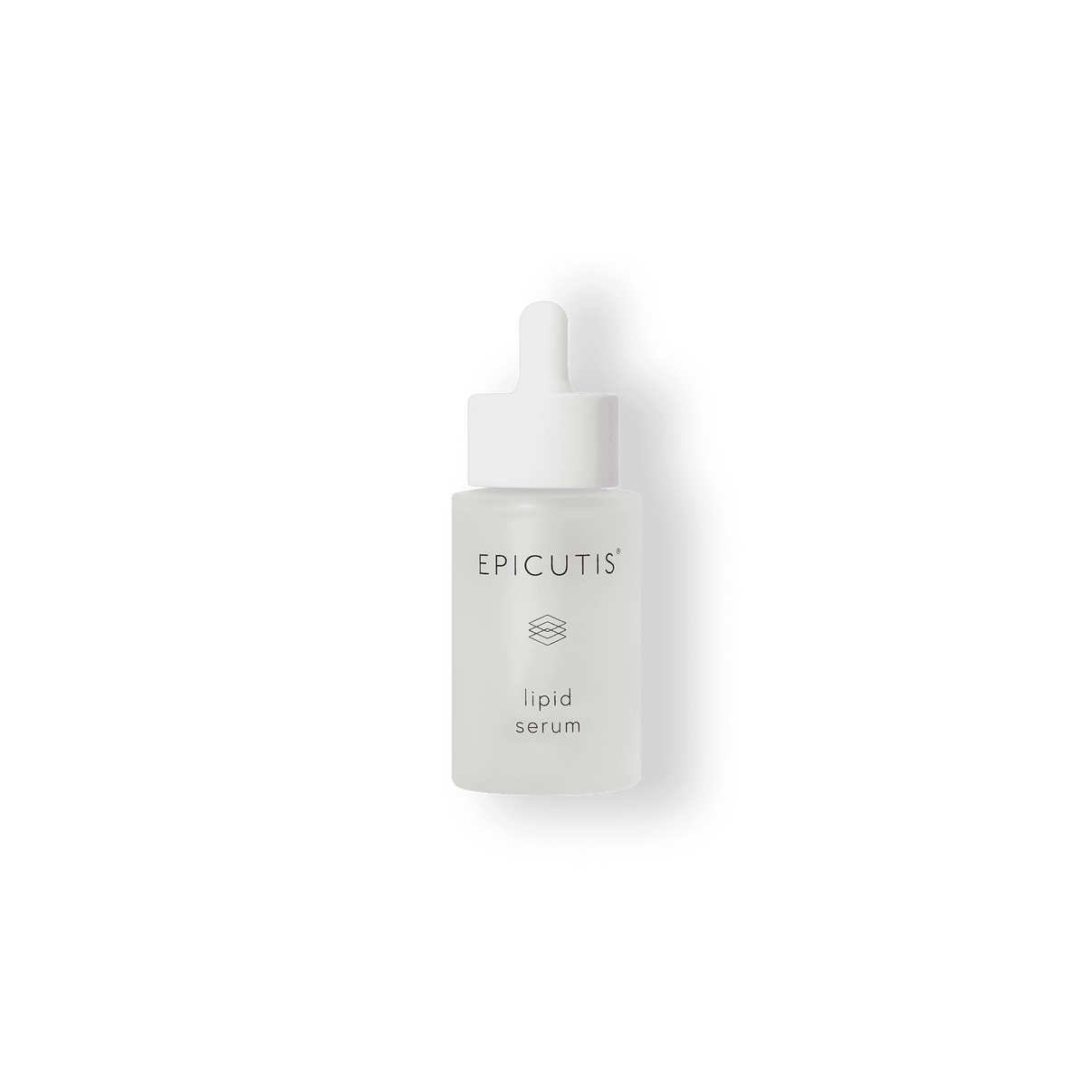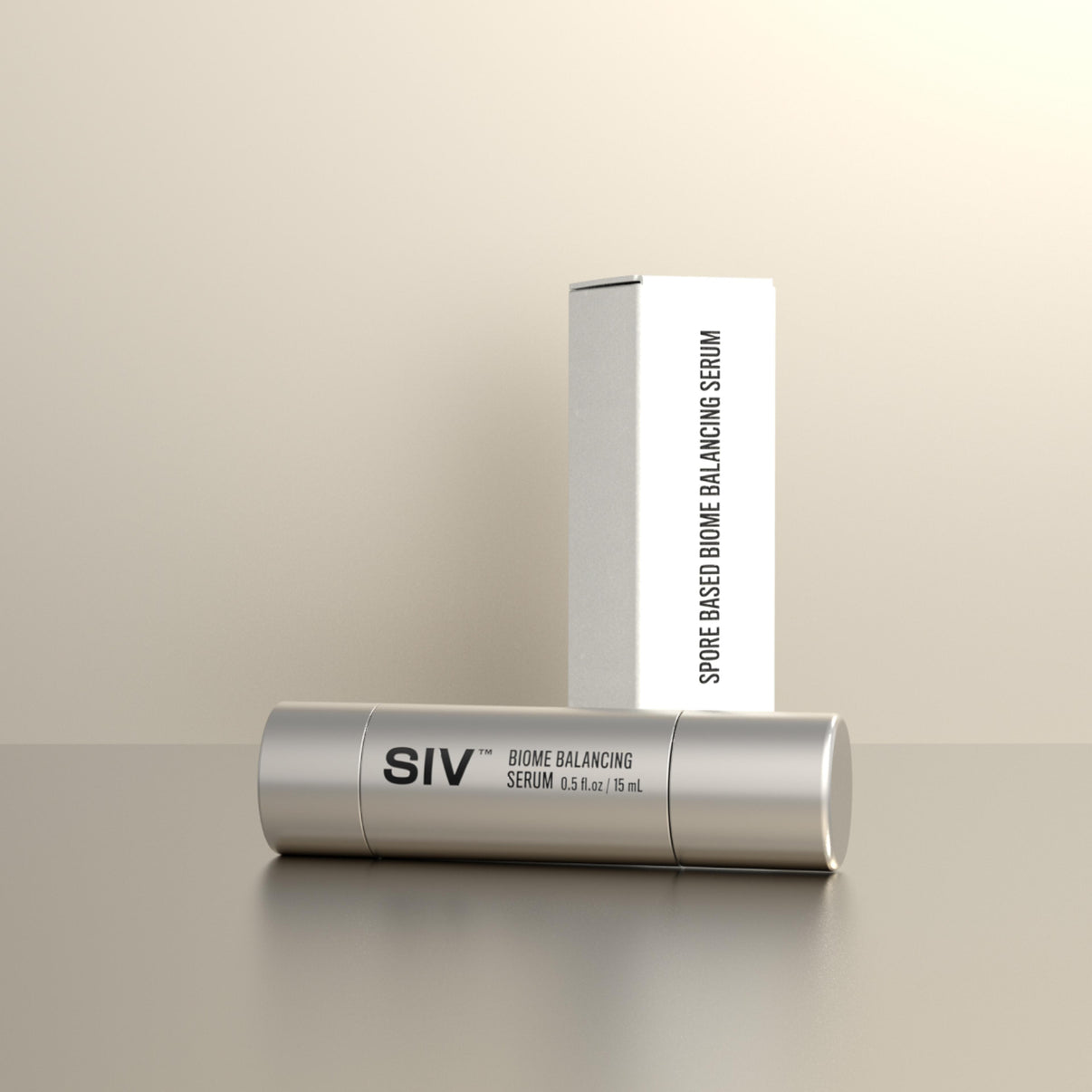When it comes to caring for sensitive skin that’s also showing signs of aging, it’s easy to feel overwhelmed by the sheer number of products available. With endless claims of miracle ingredients and anti-aging solutions, it’s no wonder we often gravitate toward products that promise quick results. However, for those with reactive or sensitive skin, achieving healthier skin without irritation requires a more thoughtful approach—especially when trying to address the visible signs of aging like fine lines, wrinkles, and loss of firmness.
Understanding Sensitive Skin and Aging
Sensitive skin is prone to irritation, redness, and inflammation, making it a tricky canvas for the aggressive treatments often recommended for anti-aging. When you layer on harsh ingredients or irritating compounds, your skin can become even more reactive, leading to a cycle of discomfort and compromised skin health. The key to managing both sensitivity and aging concerns lies in a gentle skincare routine with carefully selected ingredients that support skin barrier function and collagen production without triggering irritation.
Bypass the Hype: Look at Ingredient Lists, Not Just Marketing Claims
While the allure of anti-aging promises is hard to resist, it’s essential to take a closer look at the actual ingredients in your skincare products, not just the marketing. Many skincare lines contain common irritants and sensitizing agents that may worsen your skin’s condition over time. Ingredients that may be harsh for sensitive skin include:
1. Surfactants and Cleansers
Surfactants are cleansing agents that help products to foam and emulsify. While they’re great for breaking down oils and dirt, they can strip the skin of its natural moisture barrier, leading to dryness and irritation. Some harsh surfactants to avoid include:
– Sodium Lauryl Sulfate (SLS)
– Sodium Laureth Sulfate (SLES)
– Cocamidopropyl Betaine
These ingredients are commonly found in facial cleansers and foaming products, and can be too harsh for reactive or sensitive skin types.
2. Emulsifiers
Emulsifiers help mix oil and water, but some are more likely to irritate sensitive skin. Common problematic emulsifiers include:
– Polysorbate 20
– Ceteareth-20
– PEG compounds (like PEG-40 Stearate)
These emulsifiers can disrupt the skin’s barrier, which is especially problematic for those with compromised or sensitive skin.
3. Botanical Extracts and Oils
While plant-based ingredients can be healing, certain botanical extracts and oils may be irritating, especially if you’re prone to skin sensitivities. Look out for:
– Lavender Oil
– Tea Tree Oil
– Eucalyptus Oil
– Citrus Extracts (like lemon or orange peel)
These extracts can be sensitizing and cause allergic reactions in some individuals, so it’s best to avoid them in your routine if you have sensitive skin.
What to Look for Instead: Supportive Ingredients for Sensitive, Aging Skin
Instead of risky ingredients, look for soothing, hydrating, and barrier-repairing components. Some of the best ingredients to support aging skin without irritation include:
– Ceramides: Essential for skin barrier repair and moisture retention.
– Niacinamide: Reduces inflammation and helps with collagen production, fine lines, and pigmentation.
– Glycerin: A hydrating powerhouse that attracts moisture to the skin.
– Peptides: Help stimulate collagen production and improve skin elasticity.
– Squalane: A gentle, non-irritating moisturizer that helps replenish lipids in the skin.
Recommended Products for Sensitive, Aging Skin
When looking for products that address both sensitivity and aging concerns, choose options with carefully considered formulations. Here are a few of my favorite foundational products that are gentle yet effective for reactive skin types.
1. Epicutis Cleansing Essentials Set

This set is perfect for sensitive skin that needs a non-stripping, gentle cleanser that also enhances skin cell turnover. The Epicutis Cleansing Essentials are formulated to balance the skin without disrupting its natural moisture barrier. Unlike many foaming cleansers, this set is free from harsh surfactants and contains calming ingredients that ensure your skin remains hydrated and soothed, even after cleansing.

For sensitive skin experiencing signs of aging, the Epicutis Lipid Serum is a fantastic choice. This serum contains TSC, a patented, lipid-like molecule that works with your skin to enhance healing, reduce redness, protect collagen and elastin and provides hydration and powerful antioxidants which all produce visible anti-aging benefits. Another incredibly unique feature of the Lipid Serum is it strengthens the skin’s natural defenses against allergy-induced inflammation, making it a perfect option for those with dry, irritated, or aging skin.

The SIV Biome Balancing Serum is another excellent addition to your routine. It uses quorum sensing to adapt to your skin’s unique microbiome and helps to rebalance and protect it. Made with just a few simple lipids and probiotic spores, this serum promotes skin health by enhancing its resilience to environmental stressors. It’s ideal for reactive skin and also tackles signs of aging by strengthening the skin’s natural defenses.
Final Thoughts: A Gentle Approach to Aging Skin
Caring for aging skin with sensitivity requires a gentle, intentional skincare routine. By skipping the buzzwords and focusing on the actual ingredients in the products you choose, you can effectively address signs of aging without compromising your skin’s health. Instead of harsh chemicals, look for soothing, hydrating, and barrier-strengthening ingredients, and opt for products like the Epicutis Cleansing Essentials Set, Epicutis Lipid Serum, and SIV Biome Balancing Serum to support your skin’s unique needs.
Remember, taking a holistic approach to your skin health—by choosing products that are free from common irritants and sensitizing agents—will not only help your skin look younger but also feel more balanced and nourished. With time and care, sensitive skin can age gracefully while maintaining its natural beauty.